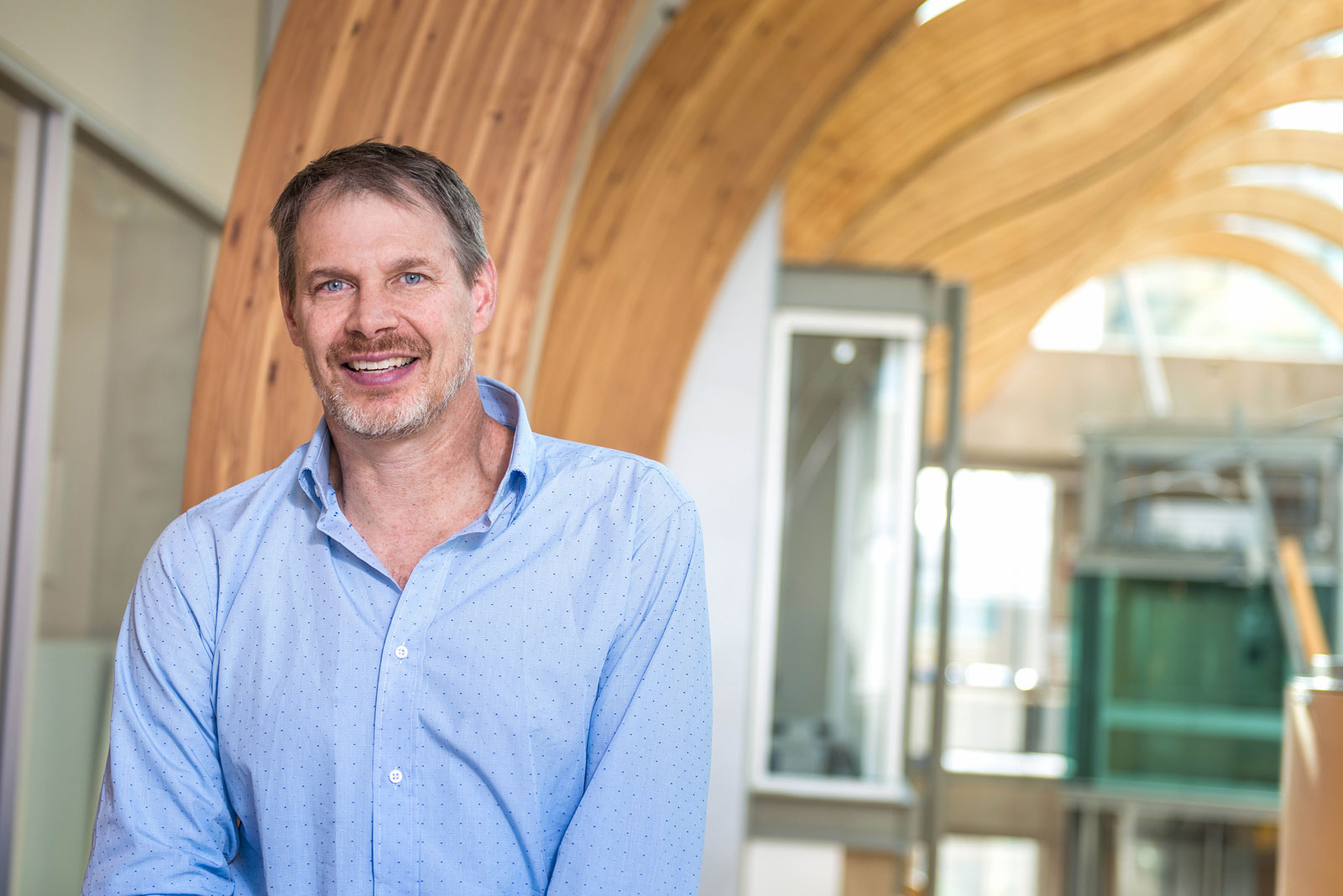A conversation with UBC’s Dr. Peter Zandstra

The pandemic has shone a spotlight on the critical role biotechnology companies play in developing safe treatments for human diseases, from COVID-19 to cancer.
Dr. Peter Zandstra—director of UBC’s School of Biomedical Engineering and the Michael Smith Laboratories and co-founder and chief scientific officer of Notch Therapeutics, a Vancouver-based biotechnology company—is among a growing number of UBC researchers strengthening the university’s ties to B.C.’s biotech sector, which represents one of the largest in Canada.
Here Dr. Zandstra weighs in on how the pandemic is shaping biotechnology in B.C., and discusses some of the novel treatments and potential cures for cancer and other diseases underway at Notch, which recently raised USD$85 million in venture funding.
What lessons have we learned from the pandemic?
The pandemic has taught us that our health security depends on an ecosystem that can support the development, testing, approval, manufacturing and distribution of emergency medicines here in Canada.
In addition to reducing our reliance on foreign-manufactured drugs and vaccines, we also must be ready to accommodate the next generation of advanced treatments that aim to cure diseases in ways that may have seemed like science fiction only a decade ago.
What does the future of biotechnology in B.C. look like?
British Columbia has an emerging biotechnology ecosystem, which has already contributed significantly to the international pandemic response.
Thanks largely to UBC, which is training the next generation of leaders, B.C. remains very well-positioned in the biotech research and development space. The foundational research ongoing at UBC and across the province is world class.
And while there’s still a lot of work to do, due to COVID-19, more people now recognize that our health-care sector is directly linked to the economy and that the investments we make now in the biotech sector can pay big dividends in the future. With the right support, we’re poised to grow our industry to enhance the protection of health for Canadians and people worldwide.
Turning to your role as co-founder and chief scientific officer at Notch Therapeutics, what is the team working on right now?
Our goal is to develop a pipeline of cellular immunotherapies for treating cancer and other diseases.
Our core technology can produce an unlimited supply of T cells and other cell types for treatment.
How does stem cell research produce cancer treatments or even a potential cancer cure?
T cells, which are born from stem cells, are white blood cells that detect and kill things that aren’t supposed to be in the body. However, for some diseases, T cells fail to do their job.
By engineering a patient’s own T cells, we can cure some cancers. But those treatments are enormously complex, since they require isolation and manipulation of cells from the patient’s blood.
At Notch, we can use stem cells to produce an unlimited supply of T cells that can be used in any patient. We can further engineer the stem cells to have desirable attributes, like the ability to detect a specific type of cancer.